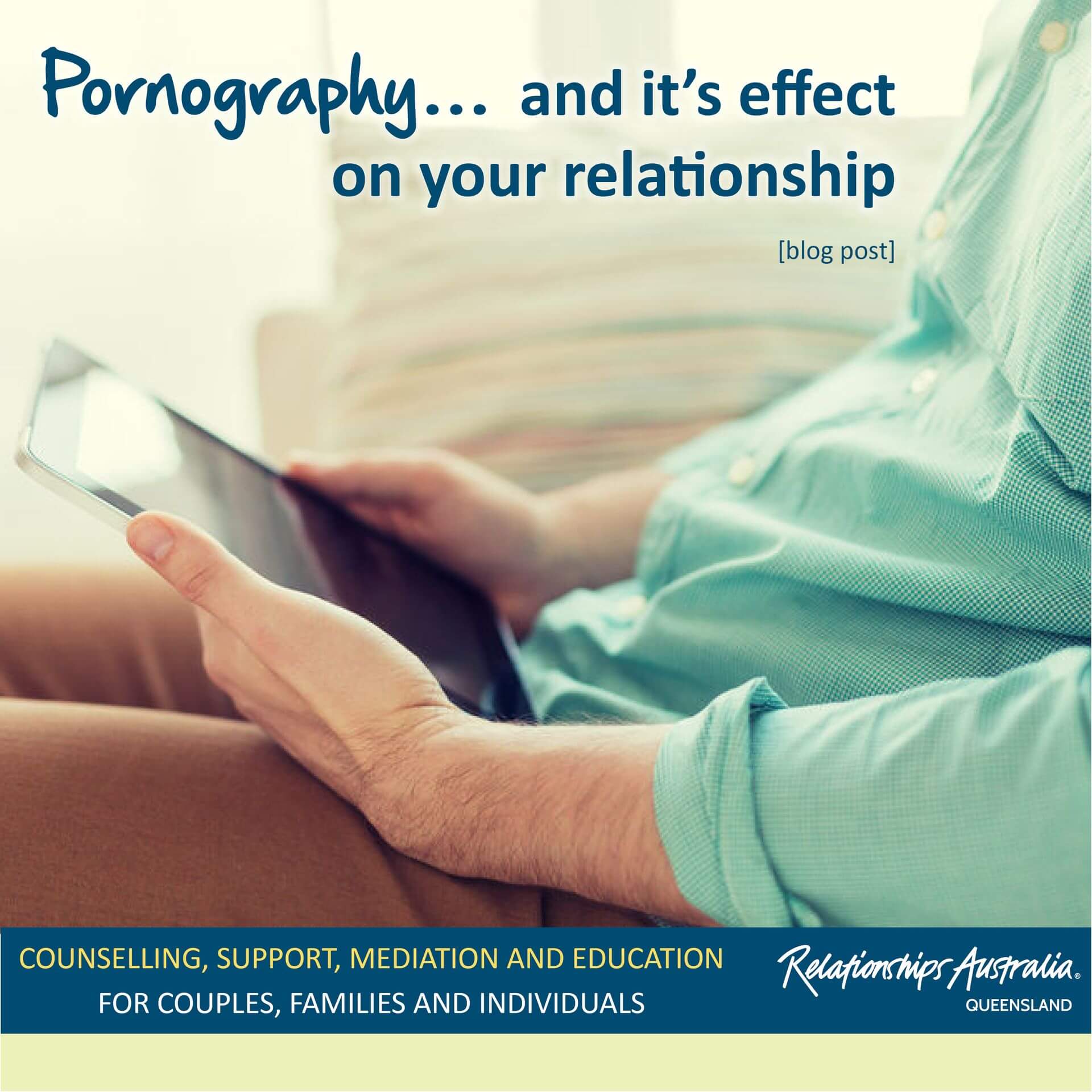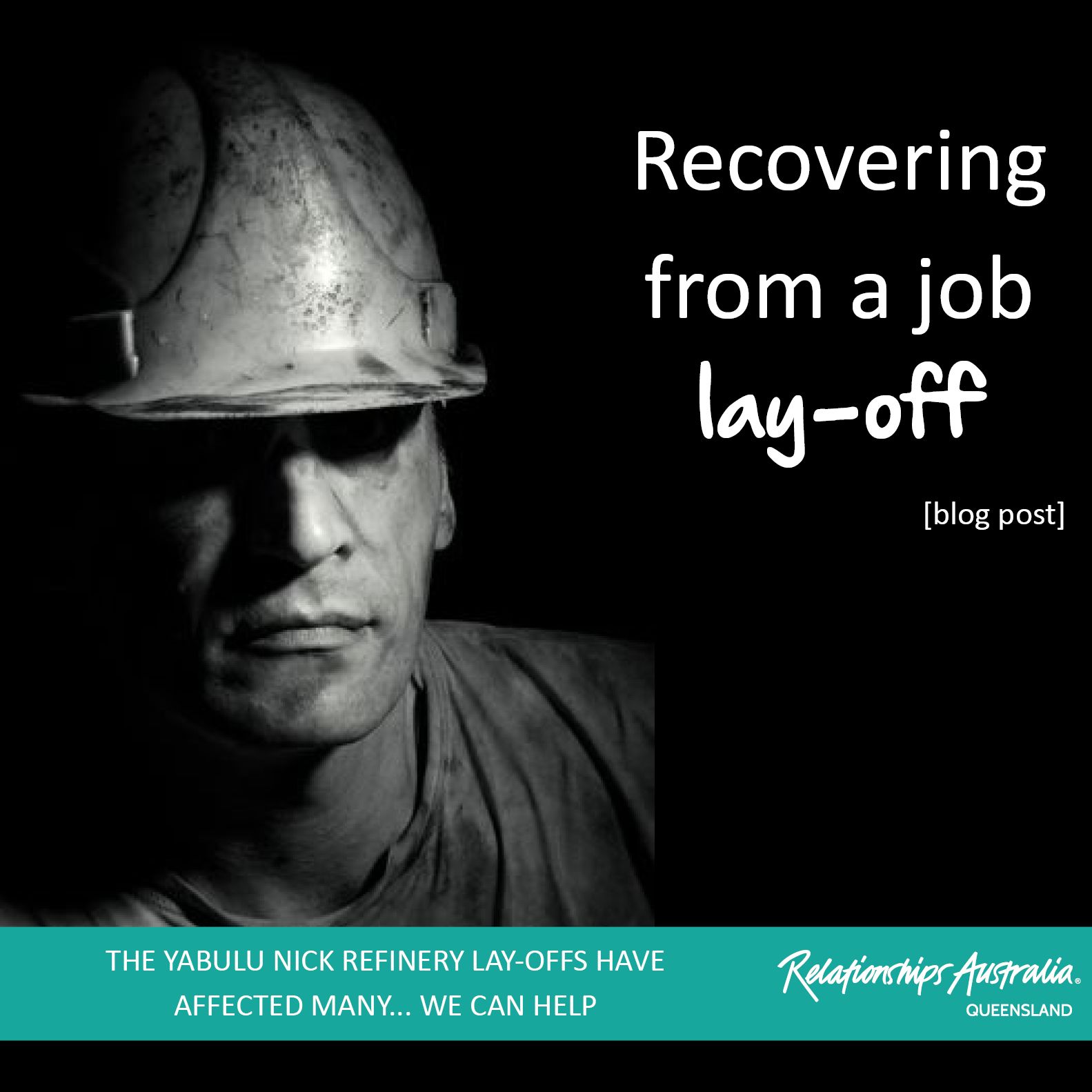There are many different views on this – some say it can enhance the relationship, while others say it is very detrimental and can (and does) break up relationships. In fact, both can be true. Pornography used as a sexual tool can enhance a sexual relationship between couples and if this is acceptable to both parties in their relationship, that’s fine. Sometimes though one partner may use pornography more and more. Research shows that watching pornography can have an ability to become addictive and where this may be the case the other partner may feel left out, betrayed, lied to and not as good as the people portrayed in pornography.
Why is it addictive and why does it seem to affect males more than females? Dr. Bill Struthers sheds more light on this as he explains the neurochemistry of sexual arousal, identifying the hormones and neurotransmitters at play in the wiring of male brains, specifically when it comes to sexuality. Dr. Struthers is an associate professor of Psychology at Wheaton College. He is the author of Wired For Intimacy: How Pornography Hijacks the Male Brain.
According to Dr Struthers, norepinephrine, serotonin, and dopamine all play a part in male sexual arousal, along with the male hormone, testosterone. Testosterone is a gonadal hormone (produced in the testis) involved in many processes in the body. One of them is the male sexual drive. Testosterone drives a man’s interest in sex. Mentally fantasising triggers a reflexive response in the body to release testosterone, and the more one does this, the “wave” of testosterone continues to build. Men experience this as an intense and growing desire for sexual release.
This wave of testosterone will occur if a man is thinking about or interacting with his wife, but it also happens when a man is staring at other women or a pornographic image.
This all sounds very logical and understandable but when clients come into my office at the point of breakup over porn addiction, me explaining this only goes so far. Try explaining this to a woman who has just found her partner masturbating over very explicit images of naked women.
Women state, “It’s like porn is his mistress”, ” I feel like he is having an affair with porn”, “I feel betrayed”. This is because it affects women in their emotions, the core of their being, and wounds them so deeply. Women want to be loved, accepted, desired, respected and being with a man who uses porn as his sexual arousal feels like the ultimate betrayal. Add to this that a woman may feel she can never compete with the porn images of women who have the best bodies along with the fact that her partner may begin to lie to her about how often he accesses porn. Then say to the woman who is feeling all this that it is his addiction and not about her! Of course it is about her; she is hurt, betrayed, left feeling utterly devastated. To a relationship this often spells disaster.
Can relationships come back from this and can couples rebuild what they had before? No, you can never go back, only forward – so you need to rebuild a new relationship. Firstly you both have to want this relationship and be prepared to make it work whatever the cost.
For the male, he needs to understand the devastating effect porn has had on the relationship and be prepared to seek help and give up watching porn.
For the female, she needs to find, somewhere inside herself, the ability or desire to be able to forgive and be prepared to attempt to trust again.
This takes time and an experienced relationship counsellor can help you both understand the steps which need to take place for this rebuilding to start. Don’t try and do it on your own. There is so much hurt and defensiveness and you need to both be held and helped through this difficult process. Call us on 1300 364 277 for more information or to make an appointment with one of our counsellors—they are experienced and able to help.
— Val, Relationship and Family Counsellor @ Relationships Australia Qld
BE SOCIAL, SHARE!
This information may help someone you know. Please share this blog by using the orange SHARE link at the top of the page. You can also subscribe to receive future blogs straight to your inbox.

